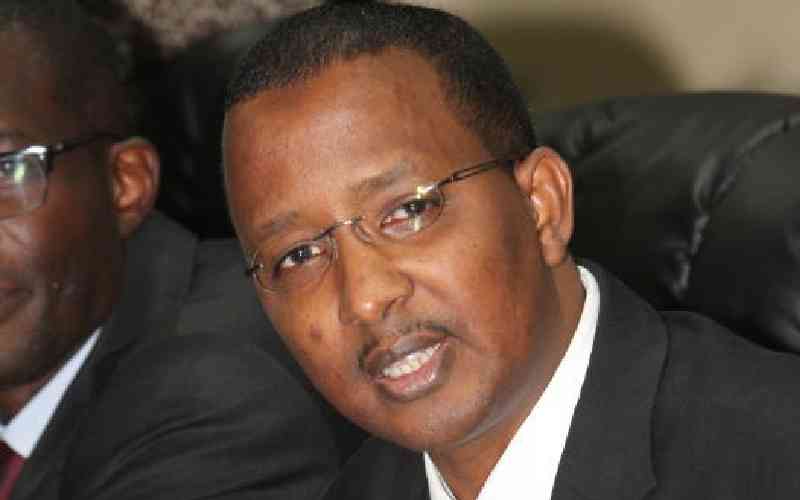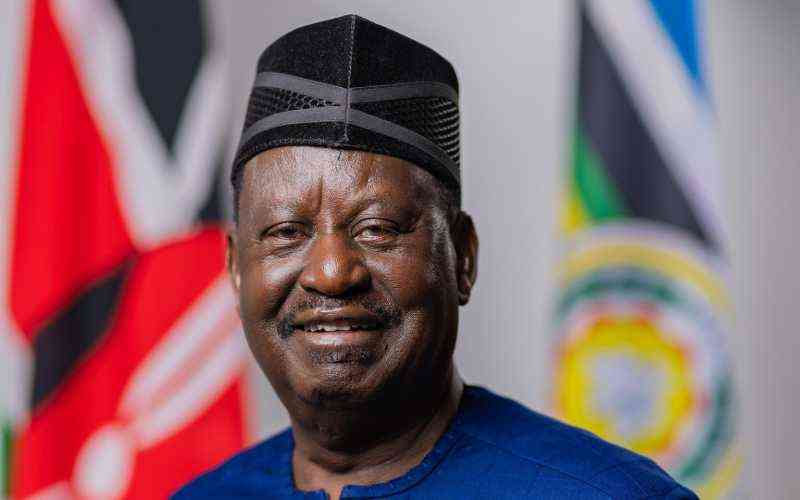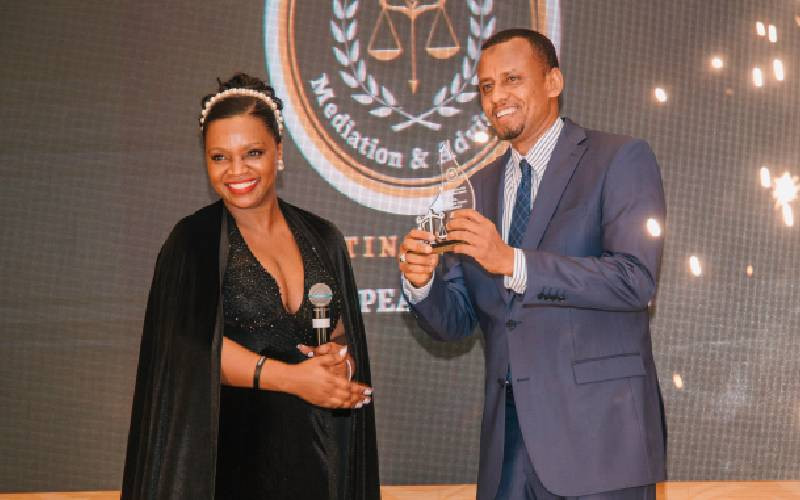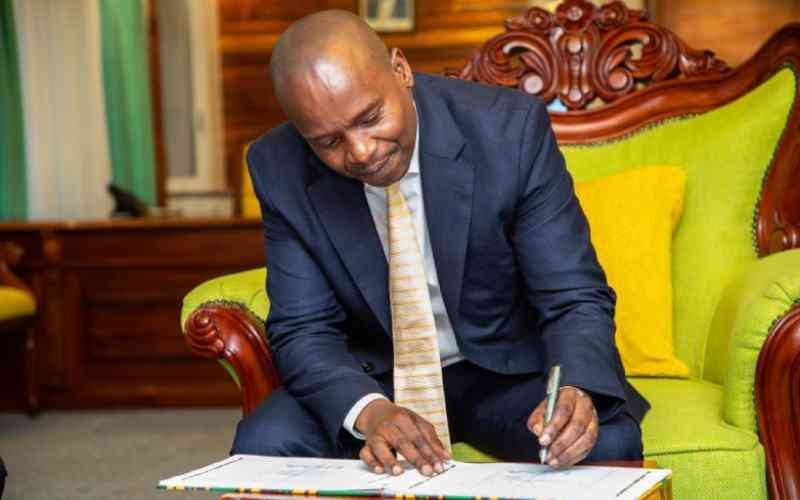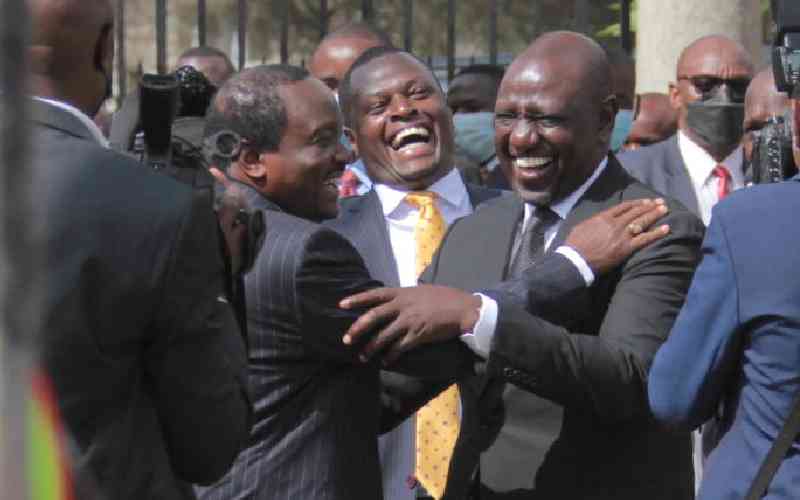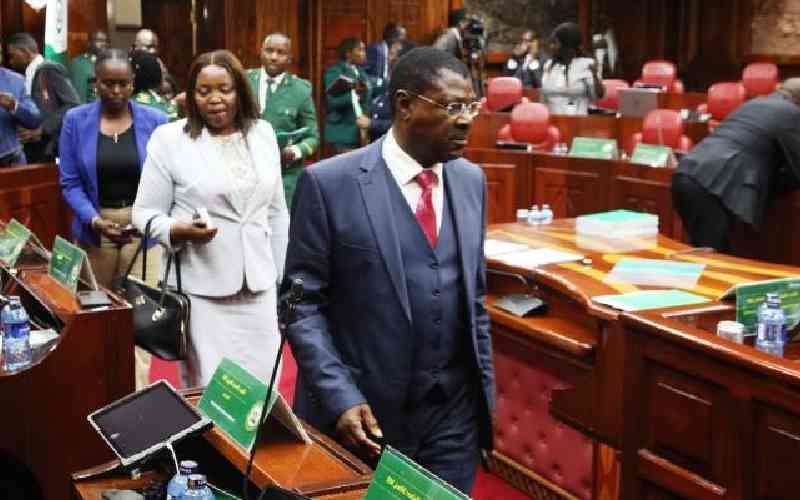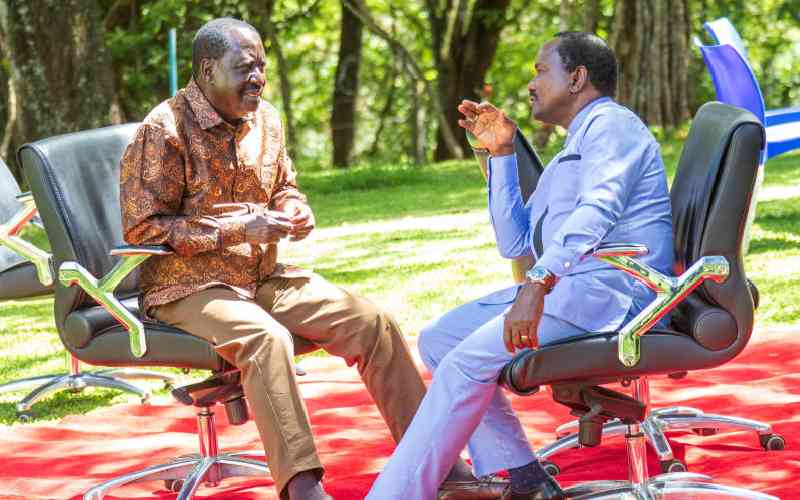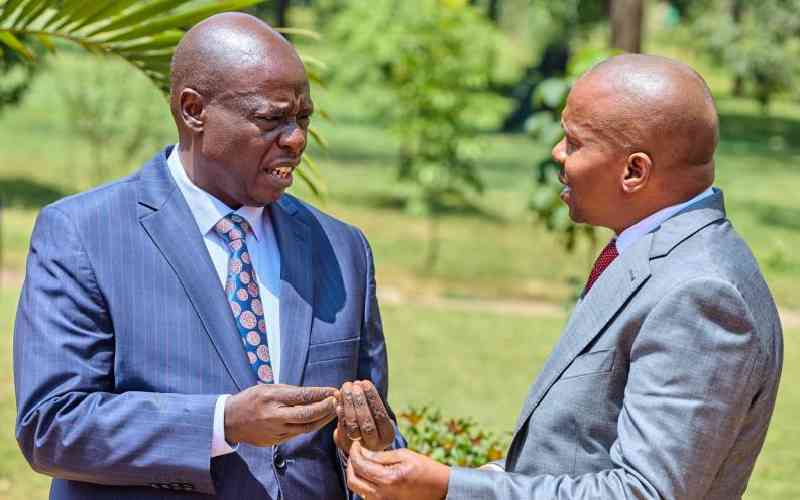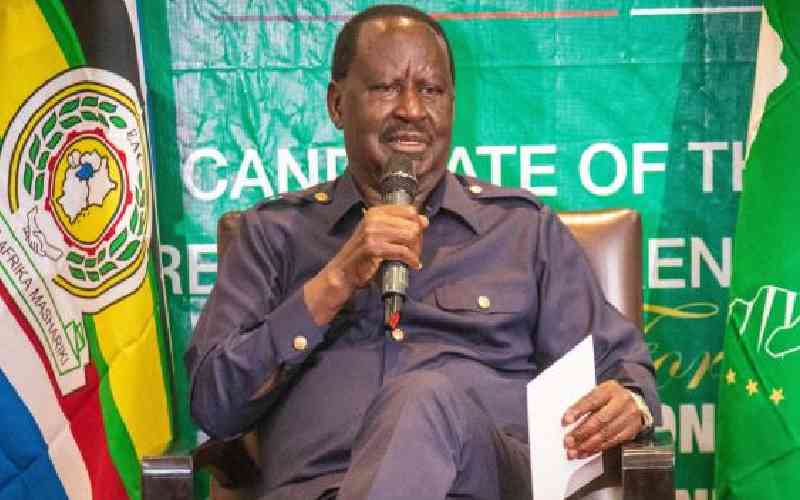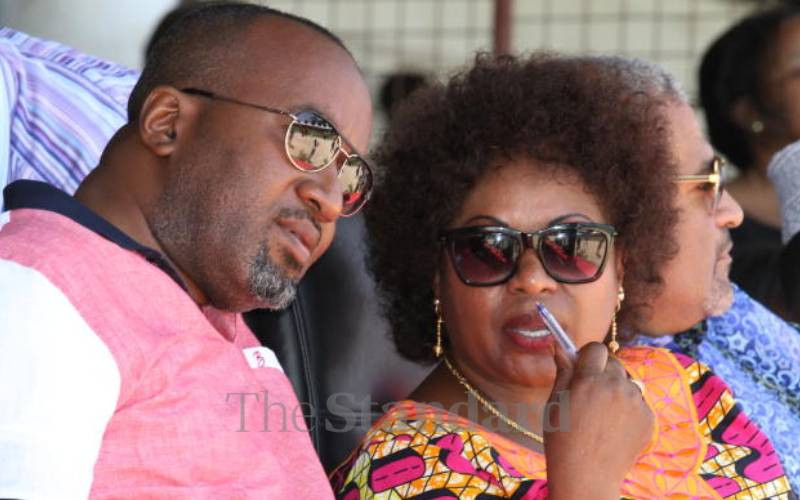
In April, deputy governors met in Mombasa, where they resolved to push governors to issue executive orders defining their roles to end perennial conflicts with their bosses.
Deputy Governors Forum chairman Martin Moshisho said the executive orders should be akin to the one issued by President William Ruto to define the roles of his deputy Rigathi Gachagua.
Moshisho said the Deputy Governors Forum was ready to participate in the development of the counties and help governors to achieve their manifestos, but they were being frustrated by overzealous staff.
"We want clearly defined roles and resources. We are also calling for enhanced partnership with the governors and to participate in committees with the governors," he said.
Deputy governors are the principal deputies of their bosses and are constitutionally mandated to assume the county office in the absence of the governor.
However, the same constitution and County Governments Act fail to stipulate their distinct roles, despite being second in command.
But since devolution started in 2013, the deputy governor's seat is gaining notoriety for being a poisoned chalice for its occupiers who are left in the cold once they help governors secure wins.
Ahead of the last election, data from the Independent Electoral and Boundaries Commission (IEBC) indicated that some governors parted ways with their deputies ahead of the polls.
The deputies, who were lucky to serve for two terms and hoped to take over the county leadership, were left high and dry, with their erstwhile bosses backing other candidates.
At the Coast, out of the six governors, only Kwale Governor Salim Mvurya stood by his deputy Fatuma Achani, since 2013. Mvurya backed Achani to succeed him.
Former Mombasa Governor Hassan Joho and Kilifi's Amason Kingi (now Senate speaker) dropped their first-term deputies in the 2017 election.
Joho dropped Ms Hazel Katana for Dr William Kingi, and Governor Kingi substituted the late Kennedy Kamto with Gideon Saburi.
Joho and Kingi again parted ways with their second-term deputies in the run-up to elections and backed other politicians.
In the run-up to the election, Ms Katana, who served as Joho's deputy between 2013 and 2017, said most DGs suffer in silence because the 2010 Constitution does not give them powers.
Katana said she was given the role of heading the human resource department at the county and was in charge of overseas travel, portfolios that were taken away after she differed with Joho.
"It's a political difference. I think people who surround the governors misadvise them. The so-called political, economic advisors and protocol officers feel threatened by assertive deputy governors, so they create a rift between the DG and governor," said Katana, adding that she left her job at the UN to come back to Kenya to deputise Joho in 2013.
"Although Joho is still my friend, when I look back, I've lost a lot."
In Taita Taveta, the bond between Ms Majala Mlagui and the then Governor Granton Samboja broke down irreparably in 2020 after she was stripped of all portfolios.
Mlagui was the Public Service and Administration and Mining and Housing executive before the position was taken away from her for allegedly "using the post to launch her political career."
Samboja, who was defending his seat on a Jubilee ticket, settled on his advisor and former Voi Mayor Priscilla Mwangeka as his running mate.
In Tana River, Governor Dhadho Godhana picked former school teacher Mahad Loka as his running mate after he differed with his first-term deputy Salim Batuyu.
Their differences started six months after the 2017 election when Batuyu publicly declared he was to unseat Godhana in 2022.
This forced the governor to write to the County Public Service Board, asking it to stop Batuyu's salaries and allowances. But Batuyu moved to court and got the decision quashed.
In Lamu, the then Governor Fahim Twaha also dropped his deputy Abdulhakim Bwana and selected Hajj Mahmoud as his running mate in last year's polls.
He lost to first Governor Issa Timamy, who had also dropped his former deputy governor Eric Mugo in the race for a second term.
In an interview, ahead of the election, Tom Mboya, a governance expert, claimed that most of the deputy governors were "political greenhorns" who have not studied the country's ever-changing political landscape.
He said the DGs were also victims of "political paranoia" as most governors believe they would conspire with MCAs to impeach them if they are empowered.
"The occupiers of the seats have so many challenges. The post has destroyed many careers of professionals because of the unpredictable nature of our politics," he said.
He said governors fear that an empowered deputy can conspire with MCAs to impeach them or become popular and challenge them in an election.
"The DGs, especially professionals, are promised that they will be in charge of the administration of the county as governors deal with the political function, but it is never the case," said Mboya.
 The Standard Group Plc is a multi-media organization with investments in media platforms spanning newspaper print
operations, television, radio broadcasting, digital and online services. The Standard Group is recognized as a
leading multi-media house in Kenya with a key influence in matters of national and international interest.
The Standard Group Plc is a multi-media organization with investments in media platforms spanning newspaper print
operations, television, radio broadcasting, digital and online services. The Standard Group is recognized as a
leading multi-media house in Kenya with a key influence in matters of national and international interest.

